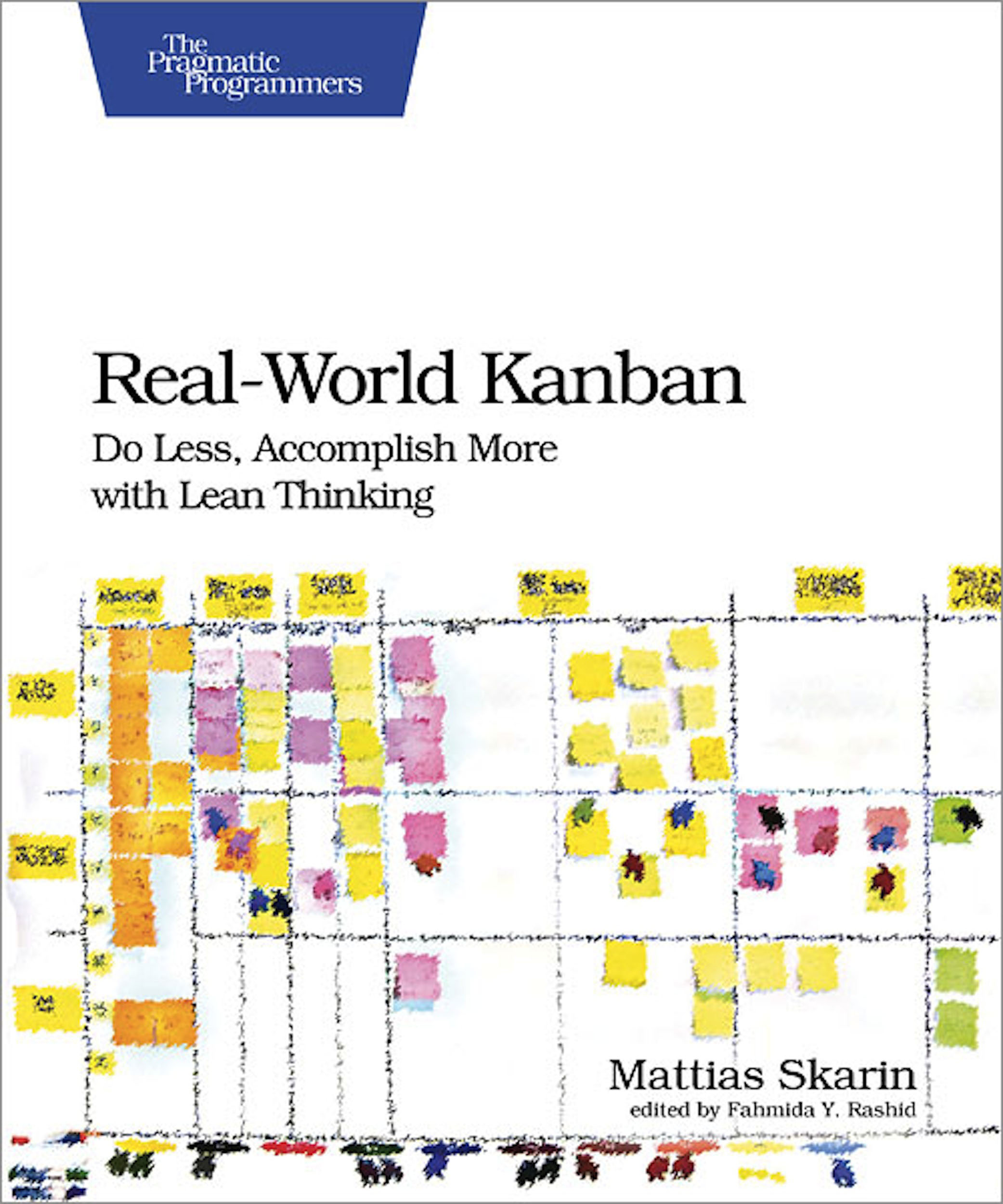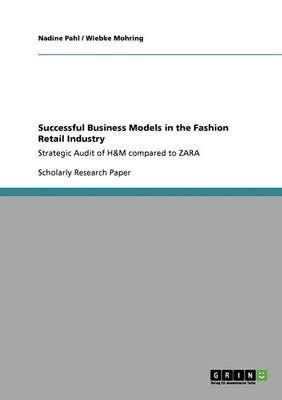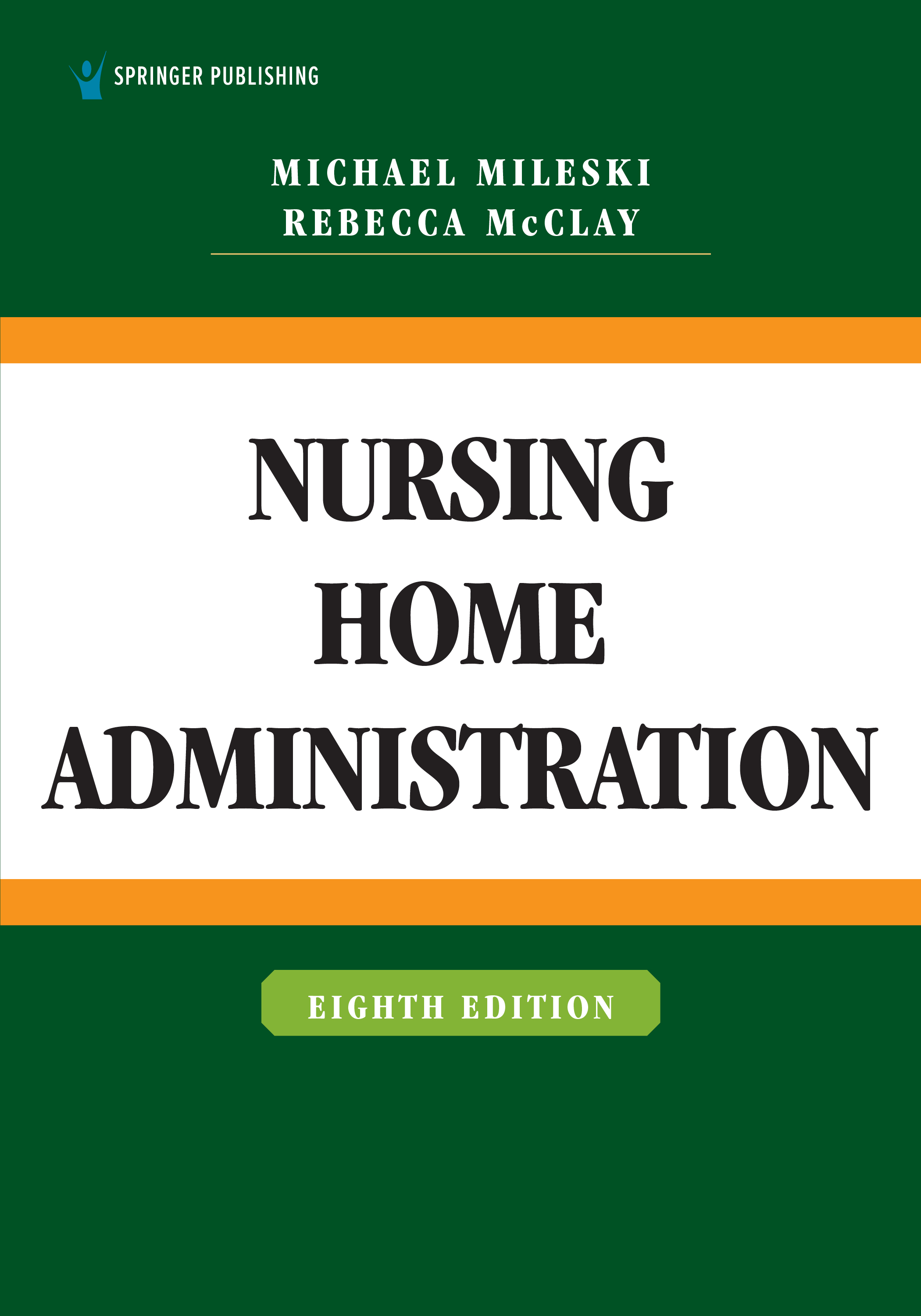This book examines gender- and integration-specific needs of women migrants by using a unique analytic framework, covering both qualitative and quantitative methods and techniques. Case studies from Sweden and Germany are presented, investigating how the gender and integration-neutral or integration-blind nature of the reviewed legislation can disadvantage migrant women in the labor market. The book contributes to the discourses of liberal and post-colonial feminism through new methodological and empirical insights. It, therefore, is a must-read for everybody interested in a better understanding of migrant women’s chances to enter the labor market, as well as gender and integration studies in general.












